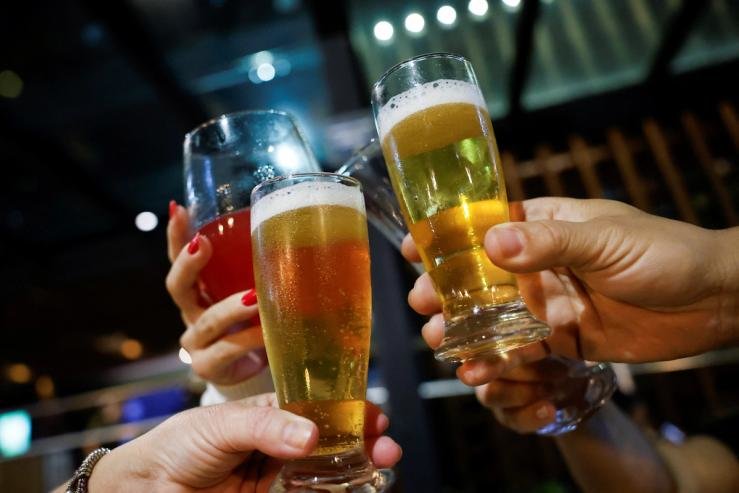
Saudi Arabia Signals Broader Alcohol Access for Expats as Tourism Reforms Advance
Kingdom plans limited beer and wine licences in luxury zones, balancing economic openness with cultural preservation
Saudi Arabia is preparing a cautious expansion of alcohol access targeted at expatriates and high-end tourists, as part of its broader effort to shift away from an austere image and attract global visitors and talent.
Under measures discussed for implementation from 2026, the kingdom would permit the sale and consumption of beer, wine and cider in up to six hundred licensed venues—such as five-star hotels, luxury resorts and major tourist developments—while maintaining traditional prohibitions in public spaces, private homes and through spirits sales.
The policy shift is closely tied to Saudi Arabia’s Vision 2030 agenda and its ambition to host globally significant events such as the 2030 World Expo and the 2034 FIFA World Cup.
Government-linked sources suggest the initiative is designed to give expatriates greater access—by extending purchase rights beyond diplomats—and to mirror regional hospitality trends in neighbouring Gulf states.
Officials emphasise the move will be tightly regulated, with training for licensed staff, strict operational controls and no retail off-sales or takeaway options.
Despite the emerging clarity around the reform, some ambiguity remains.
Authorities have neither issued a comprehensive public rule set nor fully confirmed the six-hundred-venue figure, and some commentators note that previous denials of a full alcohol liberalisation suggest the kingdom will proceed incrementally.
Analysts view the step as emblematic of a “controlled opening” — a way to modernise Saudi hospitality without compromising core cultural and religious values.
For expatriates in the kingdom and foreign businesses, the change represents a meaningful signal that Saudi Arabia is willing to adapt its hospitality infrastructure to global standards.
At the same time, the palace and religious authorities appear intent on ensuring that the reform remains coherent with the country’s identity and values.
As Saudi Arabia positions itself as a global destination, the gradual easing of alcohol restrictions may prove a key test of its ability to balance tradition, modernization and international competitiveness.
Under measures discussed for implementation from 2026, the kingdom would permit the sale and consumption of beer, wine and cider in up to six hundred licensed venues—such as five-star hotels, luxury resorts and major tourist developments—while maintaining traditional prohibitions in public spaces, private homes and through spirits sales.
The policy shift is closely tied to Saudi Arabia’s Vision 2030 agenda and its ambition to host globally significant events such as the 2030 World Expo and the 2034 FIFA World Cup.
Government-linked sources suggest the initiative is designed to give expatriates greater access—by extending purchase rights beyond diplomats—and to mirror regional hospitality trends in neighbouring Gulf states.
Officials emphasise the move will be tightly regulated, with training for licensed staff, strict operational controls and no retail off-sales or takeaway options.
Despite the emerging clarity around the reform, some ambiguity remains.
Authorities have neither issued a comprehensive public rule set nor fully confirmed the six-hundred-venue figure, and some commentators note that previous denials of a full alcohol liberalisation suggest the kingdom will proceed incrementally.
Analysts view the step as emblematic of a “controlled opening” — a way to modernise Saudi hospitality without compromising core cultural and religious values.
For expatriates in the kingdom and foreign businesses, the change represents a meaningful signal that Saudi Arabia is willing to adapt its hospitality infrastructure to global standards.
At the same time, the palace and religious authorities appear intent on ensuring that the reform remains coherent with the country’s identity and values.
As Saudi Arabia positions itself as a global destination, the gradual easing of alcohol restrictions may prove a key test of its ability to balance tradition, modernization and international competitiveness.